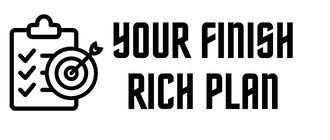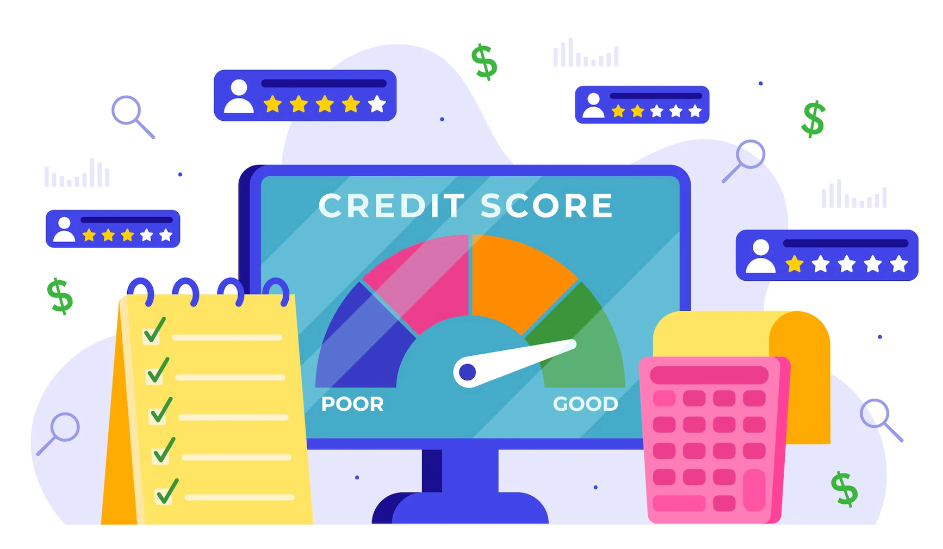“How To Make My Credit Better?” | How To Boost Your Credit Score
It’s no secret that the current financial crisis has caused lenders to considerably tighten their standards on all types of credit. It doesn’t matter if you’re trying to get a new credit card, a consumer installment loan, a mortgage, or a home equity line of credit, it’s still going to be an uphill battle. This is the part that gets all the media coverage. The other side of the coin that is less talked about is that if you have a good or very good credit score, lenders will still be eager to do business with you, offering you easy access to credit, as well as the most attractive interest rates.
Credit scores have probably never been as important as they are right now. Just to throw a few numbers out there, a July 2008 report from the Consumer Federation of America estimated that the average borrower could save $105 a year on credit card finance charges simply by raising their credit score 30 points. Having a low credit score carries a high cost, when you consider years and years of making interest payments on credit cards, auto loans and mortgages, as well as the very real possibility of being denied bank accounts and having to resort to an expensive “fresh start checking account” to do your banking. Maintaining a score of 750 can reasonably save you more than $320,000 in interest charges over a lifetime, compared to someone whose score is 100 points lower and wasn’t eligible for the best rates. A website like Bad Credit Low Income Loans can give you a better idea of what you can get charged if you have subpar credit.
Know Your Credit Score
Depending on the type of loan that they give out, lenders use different scoring models; yet the one that has achieved industry-standard status is the FICO score. Introduced by the Fair Isaac Corporation in the mid-1980s, it rates your risk of defaulting on a debt obligation on a scale of 300 (worst) to 850 (best).
A lot of people have no idea that they have more than one FICO score. There are three major credit bureaus (Equifax, Experian, and TransUnion), and they each have their own formula. The scores would probably not be al that different, but there’s also the fact that not all companies report to all three, so your credit file might look very different from one company to the other. There’s no way to be sure which bureau’s score a lender may be using, your best bet is to monitor all three.
What’s A Good Credit Score?
Before the “Great Recession”, anything above 700 was considered a good credit score. But now it seems that limit has been bumped to something around 720-740. Just to clarify things, it’s no use trying to get that “perfect” 850 score because it’s not only almost impossible to get, but practically, the reward is just not there. Beyond the mid 700s, there’s no benefit for you if you increase your score, because you’re already in the top tier.
On the other end, the cutoff for getting decent credit is also being bumped up. It used to be that around 620, you could get decent offers; below that threshold, you were considered a subprime risk and (literally) paid the price in the form of higher interest rates. It seems that the cutoff has been increased to 660.
In the light of this information, you can see why it’s more important than ever to boost your credit score if possible. Of course, questions will pop up: “How hard will it be to raise my credit score?”, “How many points will it add”, “How long is it going to take”? The truth is, each and every person had a different set of circumstances, it boils down to three simple rules: always pay your bills on time, keep your credit balances low, and only apply for new credit when you absolutely need it.
Although simple, those rules are not what most people live by, which brings us to the specifics of how to boost your credit score when it’s already low.
Correct Mistakes On Your Credit Report
Common sense suggests that you can’t effectively start working on your scores if you don’t know what they are. Because your scores are directly derived from information on your credit reports, you need to get all three of your reports and make sure that the information that’s on them is accurate. If you find accounts that you don’t recognize, or evidence of activity that is not from you, notify the bureau to have your report corrected.
In fact, if you do have errors in your credit report, you can have them fixed in 72 hours or less by using “rapid rescoring services”. Rapid rescoring services are a legitimate and growing part of the credit industry. Usually offered by independent credit reporting agencies, these services are used by mortgage lenders or brokers who are trying to get better loan terms for their borrowers. However, you can’t use them directly: it can only be done through a mortgage company or a bank. If you apply for a home loan and find errors on your credit report, request the loan officer to conduct a Rapid Rescore.
Also keep in mind that this strategy requires proper paperwork. These services can’t remove true negative entries or items that are in dispute. You also need proof that an error was made. Typically, this comes in the form of a letter from the creditor admitting the error. And finally, results aren’t guaranteed.
Pay Your Bills On Time
Paying your bills on time accounts for 35% of your credit score, and you have complete control of it. So you should give yourself every possible advantage. Put your recurring bills on automatic withdrawal so that they always get paid, even if for whatever reason you’re away. And if you’re ever late on a payment, call the company and explain why; they will likely not report you if you can offer a valid, plausible explanation (and of course, the payment when you promised to do it)
Check Your Credit Limits And Avoid Approaching Them
Your scores might be artificially depressed if your lender is showing a lower limit than you’ve actually got, or if your limit was lowered without your knowledge. Most credit-card issuers will quickly update this information if you ask. Check your monthly statements to make sure your limits haven’t suddenly gone down. Keep close tabs on your credit card balances relative to said limits; some people suggest to try as much as possible to keep your usage under 30% of your approved limit. Finally, even if you do pay off your card’s balance every month, it’s recommended that you pay attention to the closing date. The amount you owe at that time is what’s going to be reported.
No New Credit Applications
Don’t apply for new credit unless it’s absolutely necessary. Each time you apply for credit, an inquiry is added to your report. This usually drops your credit score slightly. If you want more credit, you’re better off request a credit limit increase on your current cards rather than apply for new ones.
There is no telling what boost you will get and it really depends on your history, but these simple tips could give you a good head start. There are plenty more things you can do, like maintaining a healthy mix of credit types, or paying down your debt. These will be the subject of future posts. Over time if you maintain a financially responsible lifestyle, your credit will steadily improve. You may not be able to erase the past, but you can work towards building a better future.

